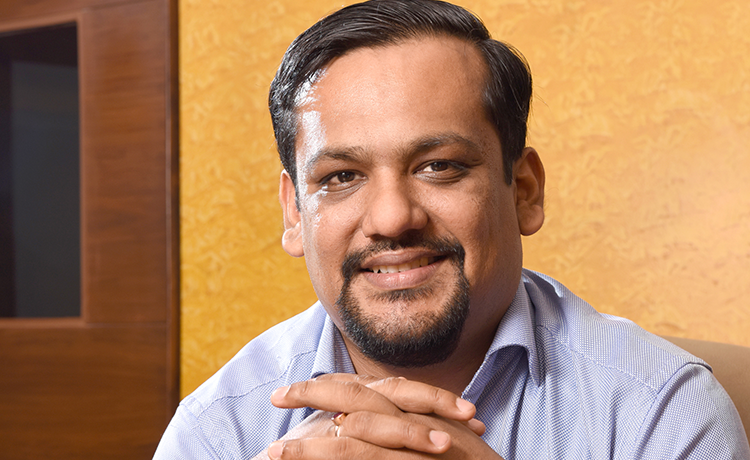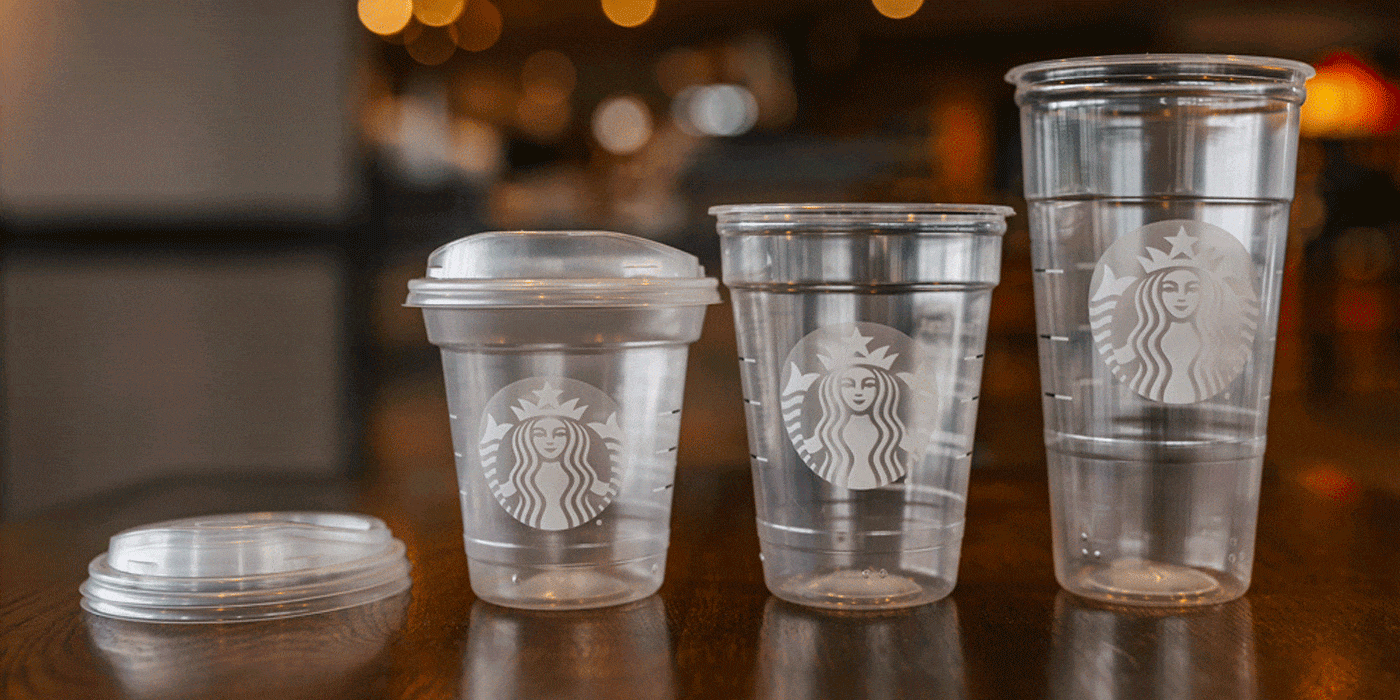By Policybazaar.ae

As CEO of Policybazaar.ae, Neeraj Gupta is responsible for growing its business in the UAE region. He seeks to change the way insurance is perceived and bought in UAE, and wants to establish digital channel as the preferred medium for the consumers for their personal finance needs.
According to him, the COVID-19 will have a much deeper impact on how brands will interact with consumers. He believes the brands who communicate clearly with their consumers will outlive any crisis, be it the existing one.
Prior to his elevation as the CEO of Policybazaar UAE, he was heading the motor insurance business for the parent venture in India.
Here are the edited excerpts from his views on the panel that discussed how brands in the Middle-East can survive, sustain and thrive on communication amidst this global crisis, on the #CommsChat series hosted by Aman Dhall and Ruchika Mehta on LinkedIn.
How do you think brands in the Middle-East can survive, sustain and thrive on communication amidst the global crisis?
Honest and transparent communication remains the key for any brand to ride through this wave. No organisation or individual is immune to what is currently happening. Clear and focused internal and external communications is important for a brand to survive and sustain through the crises right now. If your communication is opaque and not timely, this will leave people more confused and insecure, and can delay operational response, eventually affecting brand equity. In order to thrive, you need to educate your consumer, you must use these times to create awareness about preventive measures. By educating the public, you build and retain trust with your audience, which should be your goal. A great example is of TATA Trucks, whose ad-campaign during the ramadan month, clearly communicated on helping and reaching to the community who use their product on a daily basis.
Do you see consumer consumption pattern going up or sentiment will be low right now?
Consumption for majority of industries has decreased. What I believe is that it will only grow from here onwards. People now understand the importance of insurance. We are seeing a spike of 50% and 100% in terms of queries for life and health insurance respectively. However consumption of lending services will not pick up anytime soon as underwriting risk on the basis past data is becoming a challenge, as past data cannot reflect financial health of an individual in future. Also, bank products have been distributed physically in the past, which consumers are now reluctant to.
Middle East is a multi-cultural society, with a rich mix of locals and expats from around the world. If you have to define you consumer, how would you do that? And how do you keep those cultural nuances strategy in Communications with these different stakeholders.
We are a digital-first company. Our communication with our customers has always been digital or over a telephone. What we are starting to see is video calls have started to somehow address some of the initial problems. For example in real estate, now videos calls are being done in place of real life visits. We believe that this event will have much deeper impact on how consumers interact with a brand and consume services especially in the BFSI sector. We are working towards upgrading our consumer journeys which are even more intuitive now.
What’s the future of consumer communication? Your views on how 2025 would look like.
I believe at least 3/4th of the following will be in practice by end of 2025; Face-to-face video communication will increase, customers will expect an omni-channel service experience, Bots (and AI) will help professionals, not replace them, Blockchain will change e-commerce customer support, Self-service will become an absolute necessity and/or Social media will become a standard customer service tool
A MEPRA survey has cited poor mental health as a big threat to the performance of employees with common anxieties over the coronavirus and job security. What are your brands doing to manage the wellness for employees?
Regular video conferences and town halls with our employees and open and clear communication has helped us keep morale high. We are conducting yoga sessions and mental wellness sessions in partnership with experts of the respective fields. Apart from that there are daily engagement actives such as quizzes, cooking challenges etc.
The 2020 Edelman Trust Barometer reveals that none of the four societal institutions —government, business, NGOs, and media—is right now being trusted. How are you embracing newer ways of building trust with different stakeholders – investors, government, media, and consumers?
Clear and transparent communication is the key and we as an organisation always believe in doing that – be it for our investors, customers or any other entity. Trust is built by delivering on promises, strengthened with consistency, confirmed with reassurance and evolved with transparency. It is a timeless way of building trust with each one of your stakeholders. For e.g. if we have done some mistake or committed a time and we are unable to honour it, we go back to customer and inform.









